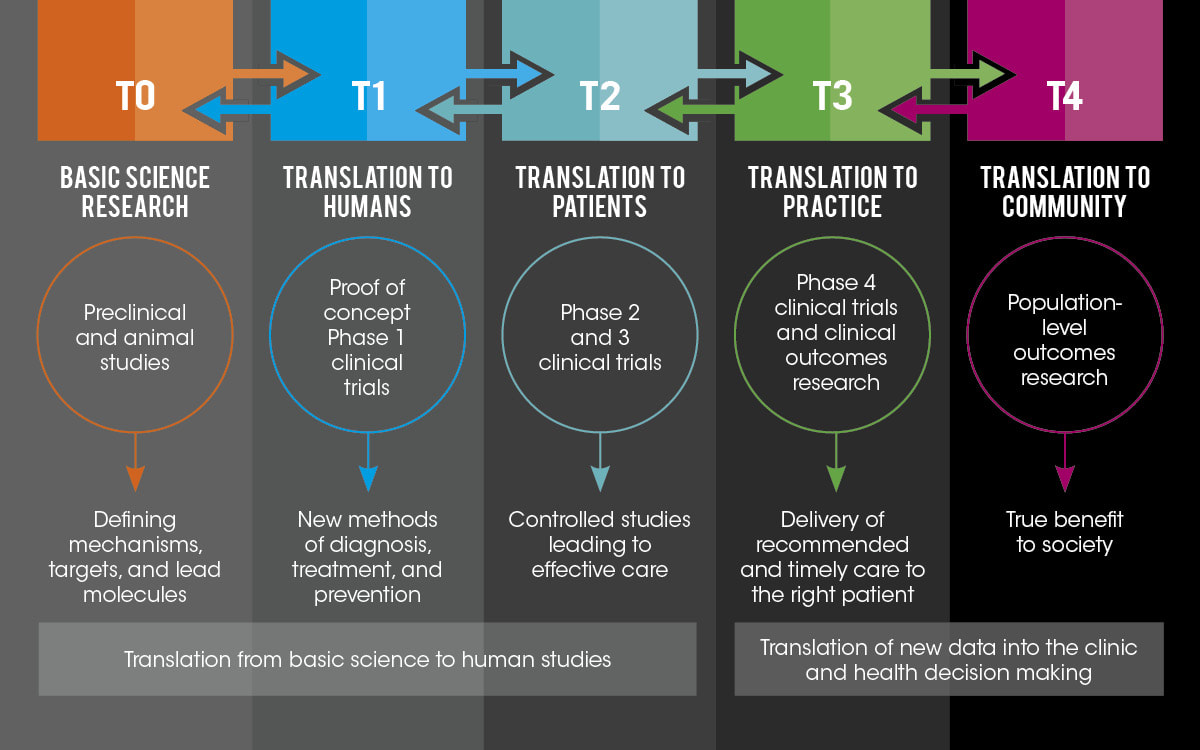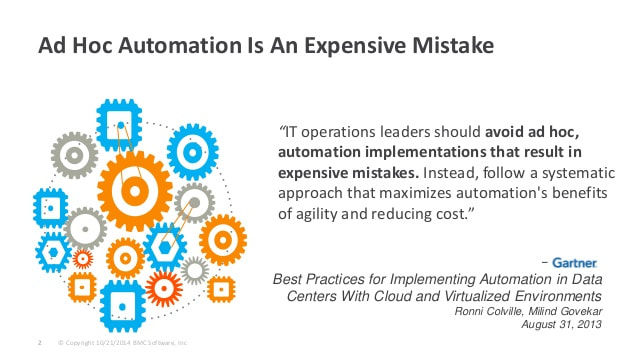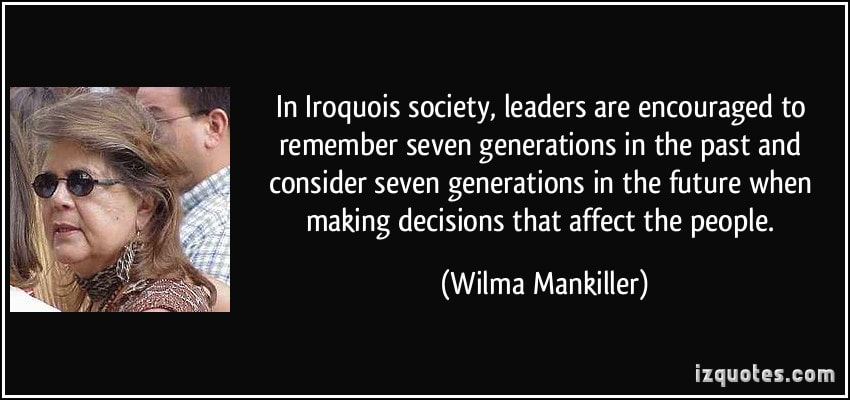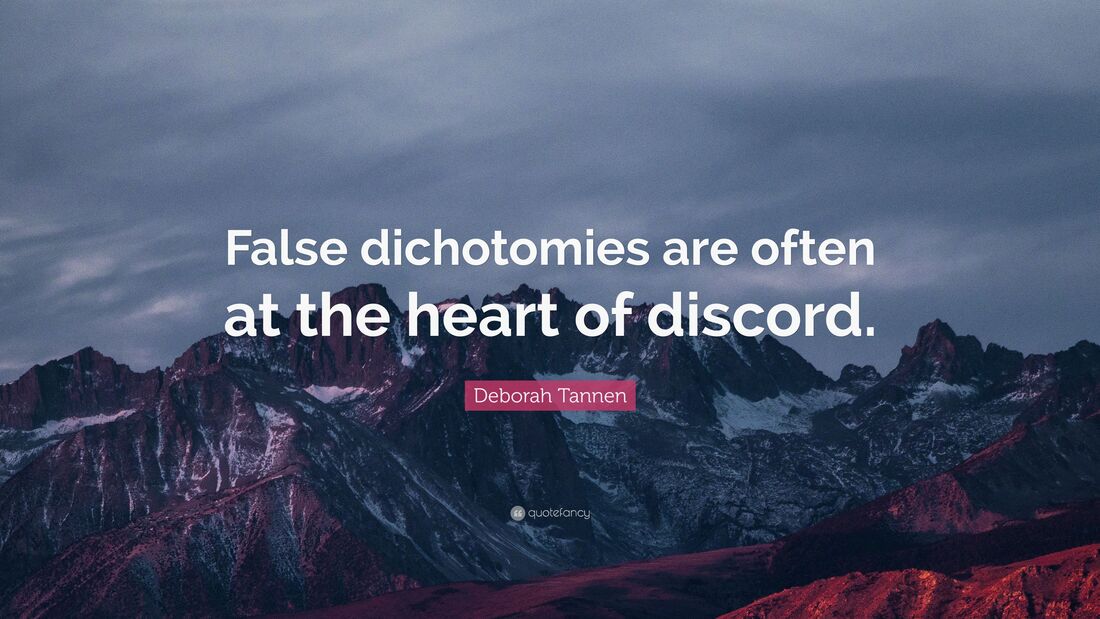VERY IMPORTANT PREFACE: This is NOT about debating the merits of private or socialized medicine. THAT REALLY MISSES THE POINT. This is really about what WORKS. We need a PRIVATE SECTOR, we need a PUBLIC SECTOR and we need CIVIL SOCIETY ORGANIZATIONS. Somebody needs to be SYSTEMATICALLY TRANSLATING RESEARCH into CLINICAL PRACTICE. Right now, that Research is more than any CLINICIAN or for that matter RESEARCHER could read and incorporate on their own. Ironically, there is a certain ADHD quality to this -- it is fun and exciting to be on the cutting edge -- BUT if we can't take the time or somebody can't take the time to INTEGRATE this into the LARGER SYSTEM we're left with a MESS. The UK has really done a lot to INTEGRATE their Research and National Health Service. The Centers for Medicare & Medicaid Services (CMS) have done some joint projects with the National Institute of Mental Health (NIMH). That needs to be ramped up in a BIG WAY. Now Cancer Practitioners tend to be a lot better @ this than Mental Health Practitioners. Surprise, Surprise Cancer Practitioners are getting more practical support. A lot of amazing research is going on right here in COLORADO -- it sure would be nice to TRANSLATE that to COLORADANS. The NIHR Imperial BRC Institute for Translational Medicine and Therapeutics (ITMAT) is the cornerstone of our approach to translation of pre-clinical research projects into therapies, techniques and medical products. The aim of ITMAT is to accelerate fundamental discoveries into improvements in human health and economic benefits. ITMAT is a virtual centre built on a number of core technology platforms across Imperial College London and the Imperial College Healthcare NHS Trust. ITMAT includes genomics platforms, imaging technologies and health informatics, along with the NIHR Wellcome Trust Imperial Clinical Research Facility (ICRF), and one of the largest tissue collections in Europe. As well as an annual funding call to support specific translational projects, ITMAT supports translational medicine through the following: Health Informatics We integrate multimodal clinical and ‘omics data to describe phenotypic variations and increase our understanding of patient biology and diversity. Our systems approach facilitates new knowledge of the causes and development of chronic human diseases, resulting in improved treatments, preventive approaches, patient stratification and personalised therapy. As part of ITMAT, the Data Science Institute offers powerful new tools and expertise to help clinical analyse, interpret and visualize large datasets. Routinely-collected clinical electronic data is being used collaboratively across 5 BRCs to answer research questions in Acute Coronary Syndrome (ACS), renal transplantation, viral hepatitis, critical care and ovarian cancer. ITMAT Data Science Group With BRC funding, ITMAT provides a talent pool of expertise in bioinformatics. This is composed of six domain data scientists (bioinformatics, genomics, software engineering, biostatistics, and imaging). The group is headed by Professor Robert Glen from the Department of Surgery and Cancer and co-led by Dr Elsa Angelini. The focus of the Data Science Group is to enable scientific discovery through the curation and sharing of data, advanced applications of computational methods, development of novel algorithms and software, implementation of analytical pipelines, and maintenance of existing software tools. In addition to having expertise in state of the art data analytics, the group has expertise in the use of high-performance computing (HPC) at Imperial. Biobanking ITMAT provides the resources and infrastructure to support tissue biobanking across the Trust, including through;
With the capacity to analyse more than 50,000 biofluid and 5,000 tissue samples per year, the Imperial Clinical Phenotyping Centre applies Nuclear Magnetic Resonance (NMR) Spectroscopy and Mass Spectrometry Imaging (MSI) to discover new disease biomarkers for real-time diagnostics and monitoring, ultimately informing clinical decisions. Genetics and Genomics We apply genetics, genome biology, genome technologies, and genome informatics to better predict patient risk before a disease develops, and create novel preventative strategies and treatment methods for a range of hereditary diseases. The BRC-funded Genomics Facility delivers high throughput sequence data, as well as support. Imaging With capacity and expertise in imaging technologies, we develop and apply novel diagnostic biomarkers and approaches to improve clinical decision making, predictive and prognostic biomarkers, and approaches for defining patient heterogeneity and improving patient management. We undertake first-in-man and deep phenotyping studies and co-ordinate studies using advanced imaging through the Clinical Imaging Facility. Clinical Trials With support from NIHR, the NIHR Imperial Clinical Research Facility occupies 1500 sq.m of the ground floor of the Imperial Centre for Translational and Experimental Medicine building on our Hammersmith Hospital Campus.
[Wilma Mankiller, first Female Chief of the Cherokee Nation]
|
AuthorVal Corzine Archives
January 2025
Categories
All
|


















 RSS Feed
RSS Feed